“One spring evening at Moscow the door of the drawing room where all the family was assembled was thrown open, and the bailiff of the Darovoye estate appeared on the threshold. ‘The domain has been burnt,’ he announced in a tragic voice. At the first moment, my grandparents believed that they were entirely ruined; but instead of lamenting, they knelt down…and prayed to God to give them strength to bear the trial He had sent them. What an example of faith…they gave their children, and how often my father (Fyodor Dostoevsky) must have remembered this scene during the course of his stormy life!”[1]
–By Liubov Fedorovna Dostoevskaia, (Fyodor Dostoevsky’s daughter) from her book, Fyodor Dostoyevsky: A Study
Fyodor Dostoevsky was born in Moscow to Russian Orthodox parents. His father, a military surgeon, was severe in nature and held his family to rigorous standards. His very presence created an atmosphere of strength, but also condemnation, distorting the concept of God as a father.
Fortunately, his mother personified the unconditional love of God. “She was a pretty, gentle creature, devoted to her family, and absolutely submissive to her husband.” Together they had eight children—four boys and four girls—but one daughter was stillborn. Fyodor was born second. The interplay between his parents’ opposing natures is evident in Dostoevsky’s works and totally impacted his idea of God.
Though he grew up in the Lithuanian militaristic atmosphere of his father, he had the kind smile of his Russian mother. Liubov, his daughter wrote,
“He was livelier, more passionate and more enterprising than this brothers. His parents called him ‘the hothead.’ He was not proud…He loved the poor, and felt a keen interest in their lives. There was an iron gate between my grandfather’s private garden and the great garden of the hospital.
The little Dostoyevskys were strictly forbidden to go to this gate; my grandparents distrusted the manners and behavior of the lower class Moscovites. All the children obeyed the injunction, with the exception of my father who would steal up to the gate and enter into conversation with the convalescent peasants and small tradespeople, braving the wrath of his father. My father (also) made friends with the serfs belonging to his parents.”[2]
Dostoevsky’s parents were very religious and took their children to church. The Bible readings he heard as a child made an enormous impression. But Dostoevsky’s father did not agree with the mystical, emotional faith of Russian intellectuals, who complained about their suffering and shook their fists at Heaven. His Lithuanian background taught him that mature people of faith respect the will and sovereignty of God. And the family’s pious Ukrainian ancestors inclined the Dostoevsky family to love God and draw near to Him. And thus, when the domain burned to the ground, as a boy, Fyodor witnessed a true test of his parent’s faith.
His parents introduced him to literature at the age of three. His nanny read him fairytales and stories of legendary heroes. His mother used the Bible to teach him to read and write. As he developed, his parents exposed him to a wide variety of works. 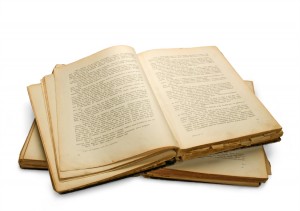 Their nightly readings included Russian literature, Gothic fiction, romantic stories, heroic tales and epic sagas by Homer, Cervantes, Walter Scott, and many others. This incited the development of Fyodor’s imagination.[3]
Their nightly readings included Russian literature, Gothic fiction, romantic stories, heroic tales and epic sagas by Homer, Cervantes, Walter Scott, and many others. This incited the development of Fyodor’s imagination.[3]
Still, Fyodor was sheltered under the watchful eyes of his parents and knew very little about the world outside their family. Once his father asked him to fetch a 9-year-old girl who had been raped by a drunk and needed medical attention. The incident haunted him for many years.
Over time, his delicate mother became exhausted and finally died from tuberculosis. His grieving father went into a dark period of seclusion, becoming alcoholic and violent. Less than two years later, he lay dead on a vacant road from a stroke, though some claimed his own serfs murdered him.
Fyodor Dostoevsky was only 17 when his family life abruptly ended.
Still he’d been given a foundation. Decades later in 1877 he wrote that the happy family depicted in Tolstoy’s works, were “no more than historical portraits of the distant past.” In contrast, he thought the Russian family was in a state of crisis. “A way of life in Russia is disintegrating,” he wrote. “Consequently, family life disintegrates as well.” K. A. Lantz wrote, “The shattering of many links with the past; the increasing fragmentation of the society; the hostility of the 1860s…toward the traditional family, had all contributed to this crisis. The result was what Dostoevsky termed the ‘accidental family,’ the family that may share a living space but little else.”[4]
“In my opinion,” Dostoevsky said, “the accidental nature of today’s Russian families consists in the loss among contemporary fathers of any common idea about their families—an idea in which they could believe and could teach their children to believe, passing on to them this faith for the rest of their lives.”[5]
While Fyodor’s childhood family was far from perfect, it gave him enough basis to write about what a family ought to be—“the foundation of society, the vehicle of social progress that passed on sound values from one generation to be enhanced by the next.”[6]
What truths can be gleaned from this man’s story so far?
–As John Sandford of Elijah House Ministries once said, your father and your mother are the trunk of your whole tree and your experience of them profoundly shaped your idea of God.
–Children observe the faith of their parents up close—more by who they are and what they do, as opposed to what they say.
–Reading stories to your children can enlarge their world and pass on values such as courage, love, sacrifice, long-suffering, loyalty, as well as the realities of human nature.
–Preserving the family is fundamental to every society. And likewise, the fragmentation of families destroys the future and stability of any culture. Fathers are essential in this equation.
What if anything here strikes a chord with you?
_________________________________________
[1]Fyodor Dostoyevsky: A Study, by Liubov Fedorovna Dostoevskaia (Dostoevsky’s daughter), page 26
[2] Ibid, page 25
[3] http://en.wikipedia.org/wiki/Fyodor_Dostoyevsky
[4] The Dostoevsky Encyclopedia, by K. A. Lantz, page 137.
[5] Ibid.
[6] Ibid. page 136
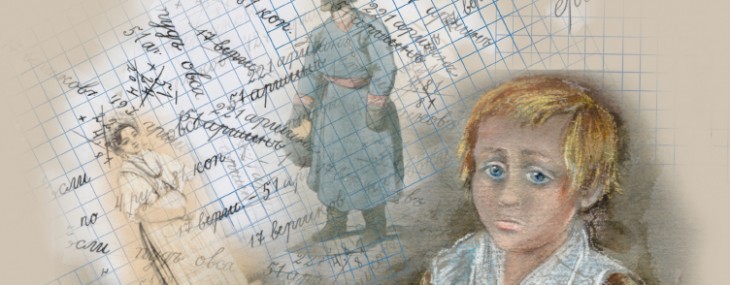
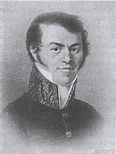
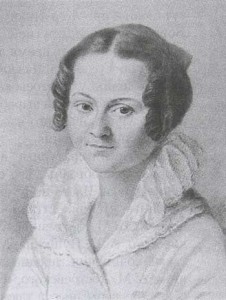
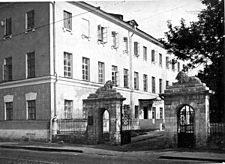







Thanks Susan. That is a wonderful thumbnail study of one man’s life. The lessons drawn are as big as heavenly Father’s hands.
Thanks Rob,
I’m doing a short series on this amazing writer and man. The next two posts will tell the rest of the story… S
i feel like i am taking a class in college! i read everything by this guy, but knew little of his life story. how the influences of our childhood impact us for the rest of our lives never does anything but stupify (thanx to ms. rowling again!) me . it IS what our parents DO, not what they say. huge. i had, like you, the best parents ever. i always wonder why, then, i became rather messed up. maybe getting messed up is a right of passage? maybe the sooner you get it out of the way the better? oh, only god knows…..can’t wait for more about this gifted russian. i’ll tune in next week!
It’s a bit of a departure from my normal posts, but I find Dostoevsky’s life and writings so compelling!